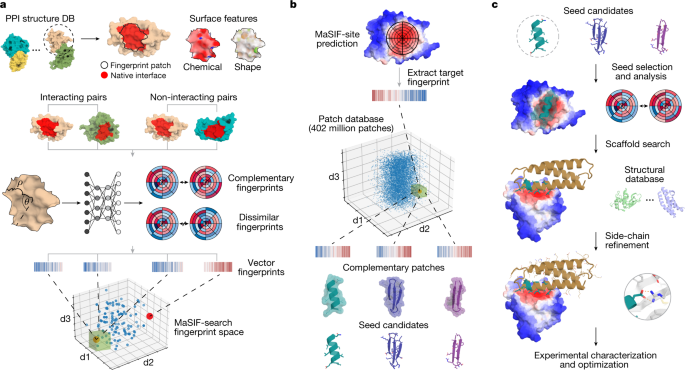2023-05-01 ライス大学
従来、藻類やデトリタスを食べる魚(草食魚)は、サンゴ礁を健康に保つ役割を果たし、サンゴを食べる魚(肉食魚)はサンゴ礁の構造を弱めると考えられていた。しかし、この研究では、草食魚の糞便にはサンゴ病原菌が多く含まれ、肉食魚の糞便には有益なバクテリアが多く含まれていることがわかり、これが「サンゴのプロバイオティク」として機能する可能性があるという。
また、この研究は、肉食魚の糞便がサンゴにとって有益な微生物の重要な源である可能性があることを示唆しており、サンゴ礁の管理や保護に役立つかもしれない。
<関連情報>
- https://news.rice.edu/news/2023/fish-thought-help-reefs-have-poop-thats-deadly-corals
- https://www.frontiersin.org/articles/10.3389/fmars.2023.1110346/full
消費者の糞がサンゴの健康に与える影響は、ギルドごとに異なる
Consumer feces impact coral health in guild-specific ways
Carsten G. B. Grupstra, Lauren I. Howe-Kerr, Jesse A. van der Meulen, Alex J. Veglia, Samantha R. Coy and Adrienne M. S. Correa
Frontiers in Marine Science Published:13 April 2023
DOI:https://doi.org/10.3389/fmars.2023.1110346

Animal waste products are an important component of nutrient cycles and result in the trophic transmission of diverse microorganisms. There is growing recognition that the feces of consumers, such as predators, may impact resource species, their prey, via physical effects and/or microbial activity. We tested the effect of feces from distinct fish trophic groups on coral health and used heat-killed fecal controls to tease apart physical versus microbial effects of contact with fecal material. Fresh grazer/detritivore fish feces caused lesions more frequently on corals, and lesions were 4.2-fold larger than those from sterilized grazer/detritivore feces; in contrast, fresh corallivore feces did not cause more frequent or larger lesions than sterilized corallivore feces. Thus, microbial activity in grazer/detritivore feces, but not corallivore feces, was harmful to corals. Characterization of bacterial diversity in feces of 10 reef fish species, ranging from obligate corallivores to grazer/detritivores, indicated that our experimental findings may be broadly generalizable to consumer guild, since feces of some obligate corallivores contained ~2-fold higher relative abundances of coral mutualist bacteria (e.g., Endozoicomonadaceae), and lower abundances of the coral pathogen, Vibrio coralliilyticus, than feces of some grazer/detritivores. These findings recontextualize the ecological roles of consumers on coral reefs: although grazer/detritivores support coral reef health in various ways (e.g., promoting coral settlement and herbivory through the removal of detritus and sediments from the algal matrix), they also disperse coral pathogens. Corallivore predation can wound corals, yet their feces contain potentially beneficial coral-associated bacteria, supporting the hypothesized role of consumers, and corallivores in particular, in coral symbiont dispersal. Such consumer-mediated microbial dispersal as demonstrated here has broad implications for environmental management.


